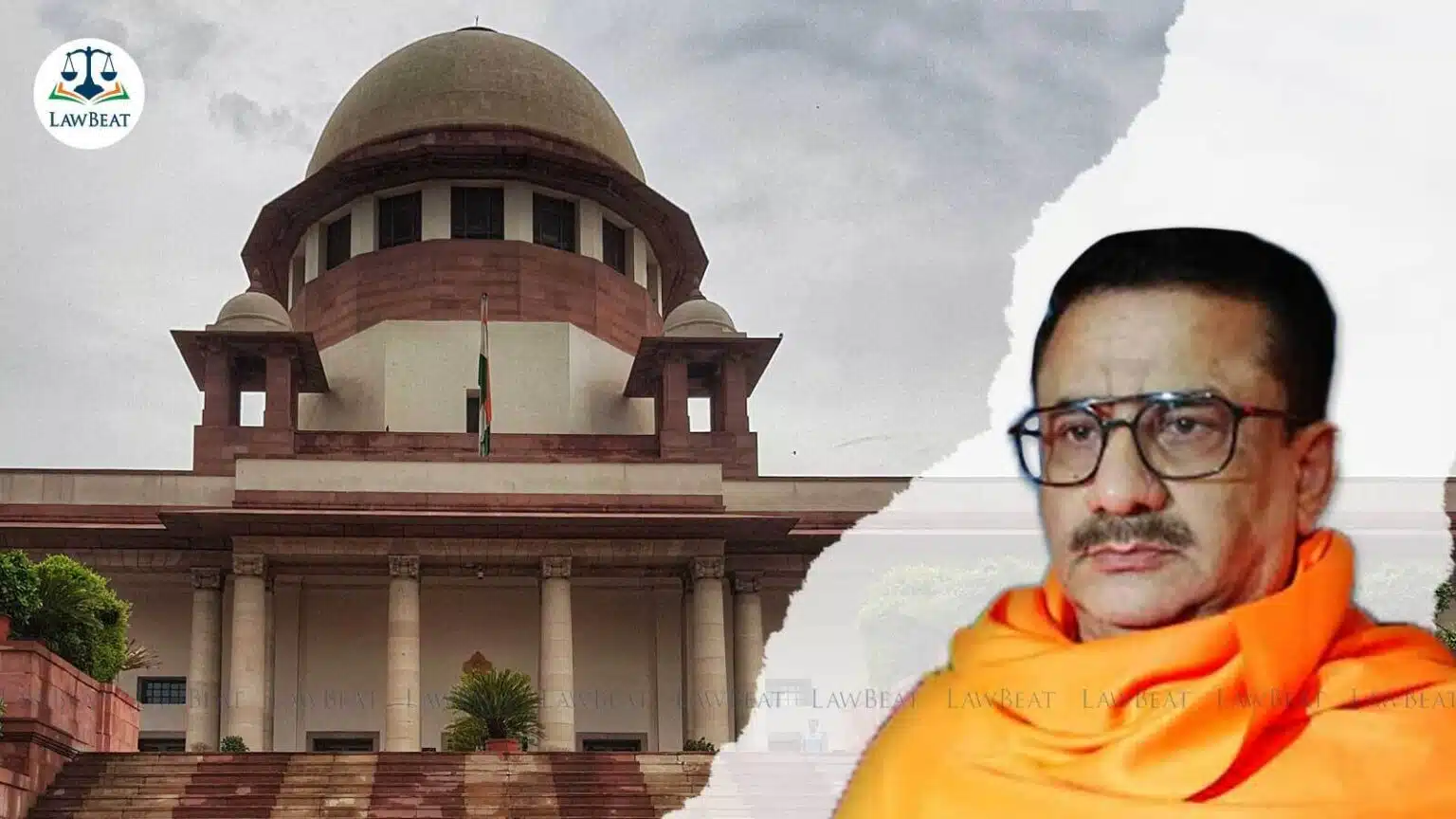The Supreme Court on Tuesday told a petitioner who has challenged the use of religious names or symbols used by the Political Parties, that he ought to be secular in his approach and should not selectively file PIL to take proceedings against the parties, to his case. [Syed Waseem Rizvi Vs Election Commission of India and Ors]

The Petitioner, Jitendra Tyagi, (formerly known as Syed Waseem Rizvi) was told by Justice BV Nagarathna that he must be fair when it comes to impleading parties in his petition. This remark was made by the judge, after the Indian Union Muslim League (IUML) through its counsel Senior Advocate Dushyant Dave voiced out concerns that the impleaded ones in the petition, were only the Muslim Parties.
Dave contended that the Muslim political parties were being selectively dragged under this petition. Dave requested and urged the Court to hear the objection to this case first and said that “We should not be considering Muslim Parties alone.”
Justice Nagarathna cautioned Advocate Gaurav Bhatia, who appeared for Rizvi, that the petitioner must also be secular in his approach while filing such a petition. She said, “The Petitioner must be secular…You also have to be fair and include everyone.”
However, Justice MR Shah was heading the bench for the hearing, and he indicated that the Court was not in favor to take up this aspect in today’s hearing. Dave stated his disappointment with the response from the Court, and the Court said that they will consider this issue.
During the course of his submissions, Bhatia told the SC that the case involved significant Constitutional questions and added that rejoinders or counter-arguments may not be necessary until the final hearing of the matter.
In the intervening period, the All-India Majlis-E-Ittehadul Muslimeen (AIMIM) Party urged the Supreme Court to refer the case for hearing by a Constitution Bench.
Senior Advocate and former Attorney General for India, KK Venugopal, who was appearing for AIMIM, submitted that various other parties will have an impact, in many ways because of this issue and it would have far-reaching consequences.

The Court responded by saying that it will consider this issue, and the aspect of reference, as requested by AIMIM, on the next date of hearing, February 20, 2024.
Venugopal also voiced out the concerns that were raised by IUML earlier that the petitioner in this case, did not fully disclose his criminal antecedents. Venugopal pointed out that the petitioner was out on bail and was a convert to Hinduism from Islam.

The Public Interest Litigation (PIL) was filed by the former Shia waqf board chief, Waseem Rizvi, who recently converted himself into a Hindu. He challenged the practice of the political parties, that include religious names and symbols in their logos.
In the petition, Rizvi contended that the use of religion to lure and influence voters is strictly prohibited under section 123 of the Representation of People Act. He added that this act prohibits a candidate or his agent from mixing political benefits with religious feelings.
His plea further highlighted the democratic form of government as one of the basic structures of the Constitution of India, which is not subject to any amendment.
Last year, in September, the Supreme Court sought responses from the Central Government and the Election Commission of India, in this matter. The Court had earlier permitted the petitioner to implead those political parties that the petitioner believed to be violative of the Representation of People Act.
The IUML was one of the impleaded parties, and as a response, they stated that Rizvi has not come clean on his antecedents, and requested the Court to dismiss the plea, with exemplary costs.
The IUML added in its affidavit, that “Restrictions on the use of religious symbols, etc, do not apply to political parties as per the Representation of People Act.”
Read more: Economic Survey Projects GDP Growth Rate to be 6-6.8%, Slowest in Three Years













